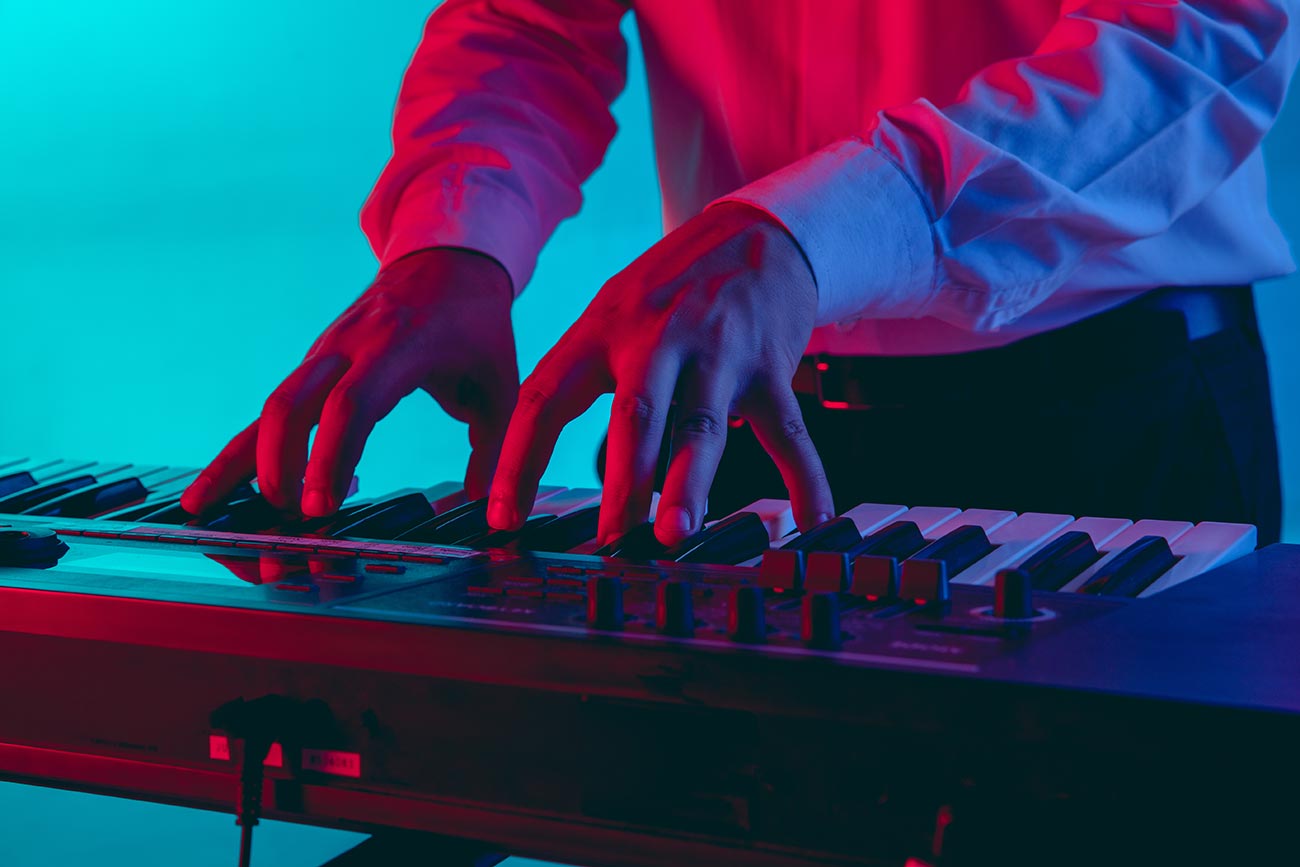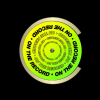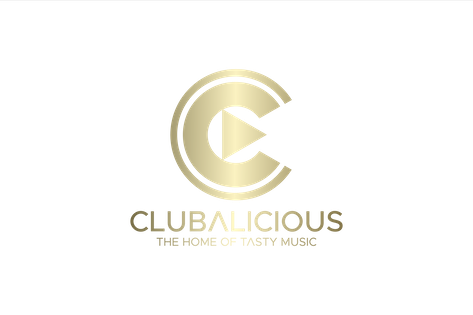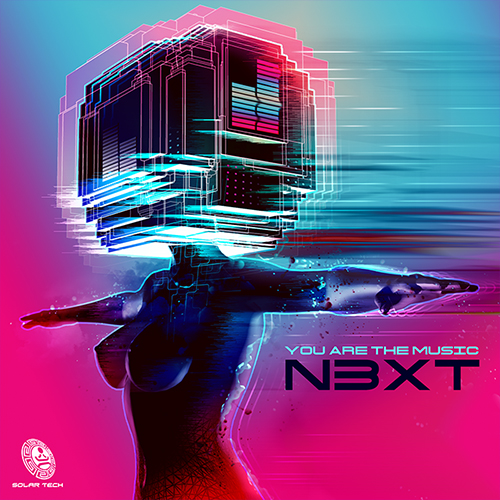-
 play_arrow
play_arrow
Clubalicious Clubalicious Radio
-
 play_arrow
play_arrow
London Calling Podcast Yana Bolder

Previously, we covered how our musical heritage is disappearing in front of our very eyes. Well, ears actually, but you get the point. Then we looked at the measures being taken to find and restore missing archives. But after recovering what’s left of our past, what will we do in the present to preserve our heritage for the future?
There are four main questions, as I see it: how to store music, how to access what’s stored, where to store it, and the elephant in the room—what’s truly worth preserving?
The world generated 2 zettabytes of data in 2010 (1 zettabyte = 1 billion terabytes). In 2024, that jumped to an estimated 147 zettabytes. Every day, there’s 402.89 million terabytes more of data. Of course, that’s not all music. But Spotify already hosts more than 100,000,000 songs. And when you consider direct upload sites like SoundCloud, it’s estimated that people upload—not stream—at least 100,000 songs daily.
Storage media continues to evolve, with 200 TB optical discs (enough for about 7 million typical FLAC-compressed songs) on the horizon. Currently, Linear Tape- Open cartridges store 18 TB of uncompressed data (about 650,000 songs), and there’s virtually unlimited (albeit vulnerable) cloud storage. At least for music, so far, it’s physically possible to store it someplace, somehow.
But what about access? Archival storage isn’t meant for fast access. And with billions of songs online, how do you find what you want? Are AI and machine learning smart enough to connect you with music you haven’t discovered on your own? Today’s algorithms slavishly follow your listening history. Can an algorithm decide that if you like Led Zeppelin you might love Beethoven but not Chopin? It’s ironic that in an ever-expanding musical world, algorithms work to narrow your personal version of that world.
Regarding where to store music, record companies haven’t been fastidious about archiving. Storage is not a profit center. There’s interest currently because money can be made from remixing, remastering and transforming older material to modern technologies, like immersive playback. Ultimately, though, the companies own the products. Under the current model, accountants will likely call the shots on preservation.
Which brings us to deciding what to preserve. It wouldn’t surprise me if streaming services started to prune their catalogs. After all, a song by the Snot Puppies from 2010 with 12 downloads takes up as much storage space as Beyoncé’s latest. I could easily see streaming services wanting an algorithm that decides whether a song “deserves” to survive, and prunes accordingly (and ruthlessly).
As to what would get saved, sales or streams are obvious metrics. Something that a zillion people listened to represents a cultural touchstone—but sales aren’t everything. Van Gogh sold only a few paintings while he was alive. Bach wasn’t universally revered as a composer during his lifetime; in fact, when he died in 1750, his music was considered outdated, and until the 19th century, his works were largely neglected. That sounds like stuff worth pruning from the 1800s version of Spotify, right?
Well…the public notwithstanding, his work had a major influence on other composers. In 1829, Mendelssohn organized a revival of Bach’s “St. Matthew Passion” that triggered renewed interest. Bach’s recognition started to snowball with a new generation of listeners into one of the most important legacies in classical music. You can’t predict which works of art might be appreciated by future generations.
So, there’s a clash between the desire to preserve everything and the practical constraints involved in doing so. Even if we could preserve everything, how will someone in 2090 find out that they love Orchestral Manoeuvres in the Dark’s first album?
Maybe we don’t need to think about this at all because of a Darwinian natural selection process where some music survives and some falls by the wayside—either from the custodians of the music going away, or unbiased yet soulless algorithms deciding what art we can jettison.
Perhaps one potential solution is to think of our stored musical heritage as a time capsule that will matter to future civilizations. Various NARAS- or Smithsonian-like organizations could function like museums, as a counter to the chaos of streaming services. They would preserve particular forms of music the same way museums have different collections of artifacts from different civilizations and eras. There could be audio museums for everything from reggae to 20th century pop to avant-garde classical. It probably wouldn’t be too hard to find expert curators for the collections, who would err on the side of having too much rather than too little music.
Who would pay for this? It’s long overdue for listeners and the companies that sell music to restore the value of intellectual property. People valued music enough to pay $15 for a CD. Getting all the music you want for free, or next to nothing, devalues music to the point where one could argue that preservation doesn’t even matter.
Andy Warhol once said that there was a phrase he wished he’d appreciated earlier in life: “So what?” Maybe that’s the most realistic, although sad, assessment of our current situation. We save what we can, but for that which is lost…so what? In many situations, I agree with that sentiment—but not with music.
It deserves better. ■
Written by: Admin
Similar posts
Recent Comments
No comments to show.Featured post

Latest posts
Current show

On The Record
Insomniac Events
On The Record is a weekly radio show featuring an endless rotation of the most noteworthy artists from around the world.
closeUpcoming shows

Femme House
Lp giobbi
00:00 - 01:00
On The Record
Insomniac Events
01:00 - 02:00
Fresh Is Fresh
This Weeks Hottest Releases
02:00 - 09:00
Love To Be
The Global Connection
09:00 - 11:00
Fresh Is Fresh
This Weeks Hottest Releases
11:00 - 15:00Chart
Powered by Dee jay promotions visit us












 Invalid license, for more info click here
Invalid license, for more info click here